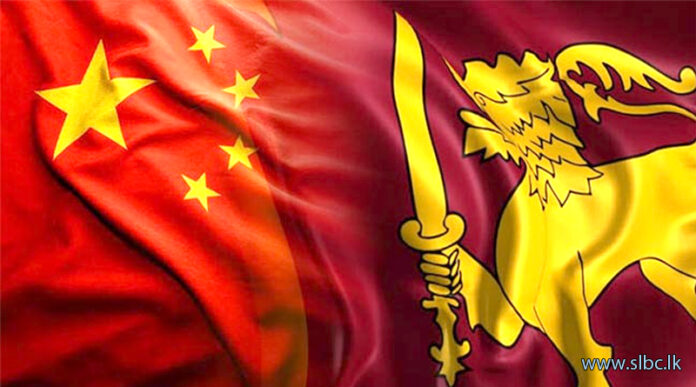May 19, Colombo (LNW): In a week of political theatrics and energy entanglements, Sri Lanka’s government has once again cranked up the drama—this time by deepening ties with China in the energy sector while dodging domestic power grid chaos with a dash of monkey mischief.
Energy Minister Kumara Jayakody told China’s Xinhua news agency that Sri Lanka is accelerating energy cooperation with Beijing, calling China a “close friend.”
The minister emphasized plans for collaboration in petroleum, solar, wind, and battery storage projects—particularly highlighting a much-delayed oil refinery in Hambantota that the government is now suddenly “in a hurry” to start.
This announcement conveniently arrived just a month after Indian Prime Minister Narendra Modi received a red-carpet welcome as the first foreign dignitary hosted by the Dissanayaka government.
India and Sri Lanka signed seven MoUs spanning defence, digital infrastructure, and energy. But while New Delhi might bring the charm, it’s Beijing that seems to be powering Sri Lanka’s long-term grid dreams.
Amid these diplomatic power plays, Minister Jayakody theatrically pledged in Parliament on May 8 to not raise electricity tariffs, only nine days before the Ceylon Electricity Board (CEB) begged for an 18.3% hike to plug its ballooning losses.
This political stunt came under Treasury directives—an example of classic tariff tango where ministers promise relief while bureaucrats tighten the screws.
In a bizarre subplot, the same minister earlier blamed a national blackout on—wait for it—a monkey. On February 9, Sri Lanka was plunged into darkness after a simian allegedly triggered a cascading failure at the Panadura substation.
“A monkey came into contact with our grid transformer,” Jayakody explained, adding that the furry saboteur caused an “imbalance in the power system.” Temperatures soared above 30°C as hospitals and water facilities scrambled for emergency power. Officials later confirmed a dead monkey was found near the transmission line.
Engineers chalked up the failure to “low system inertia,” a technical term for grid fragility worsened by heavy dependence on solar power. The Panadura incident marked the seventh island-wide blackout since 2010, raising urgent concerns about the reliability of an aging energy infrastructure vulnerable to both primates and policy paralysis.
At Sinopec’s “Clean Sri Lanka” Open Day—an event that appeared more like a PR stunt than a strategic move—Minister Jayakody again praised China’s role in shaping Sri Lanka’s energy future.
He hailed China’s battery storage tech as key to stabilizing the national grid, even as domestic experts warn of looming outages if the creaky system isn’t urgently modernized.
An unnamed senior engineer offered a grim reality check: “The national grid is so fragile that a single disruption could wipe out power island-wide.” Industrialists echoed the frustration, reporting millions in losses due to the six-to-seven-hour outage, and demanded government compensation under the Electricity Act.
As Sri Lanka juggles geopolitical suitors, a battered power grid, and bizarre animal-induced outages, one thing is clear: the nation’s energy crisis is no longer just about supply and demand—it’s about politics, promises, and a whole lot of monkey business.

